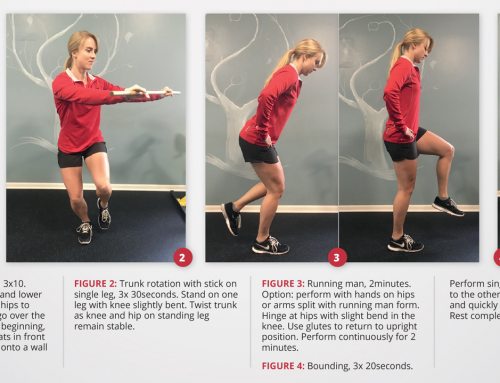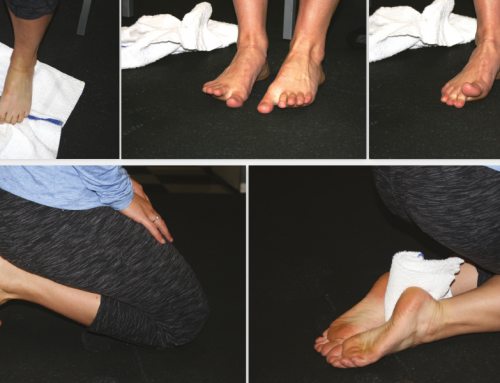By Bill Kraus
Maintaining regular lifestyle habits of exercise, eating, and sleep combined with daily physical activity can be essential in avoiding age-related disease and conditions associated with a Western lifestyle; a lifestyle of too little physical activity, too much screen time and sitting, irregular and unhealthy eating habits, and interrupted and irregular sleep. We term this maintaining a good circadian rhythm.
The importance of the light sensors in the midbrain, the melatonin sensitive organs, is important to directing circadian patterns. Evolutionarily, this makes sense, as activities of searching or harvesting food and eating followed by sleep were driven by light availability. Because the central clock is driven by the light-sensitive compound melatonin, melatonin is sometimes used to induce sleep on plane flights or under other circumstances.
However, circadian patterns are not solely determined by light exposure, as was originally thought. New evidence shows that cells in other organs — skeletal muscle, the heart, pancreas, liver, kidney and others — also have internal clocks regulating their activities. When the central and peripheral clocks are out of alignment, then there is trouble. This is why limiting exposure to light emitting devices (e.g., reading pads) before sleep, and bedding in a dark environment are keys to maintaining good sleep experiences.
Increasingly, there are studies supporting the role of maintaining a regular pattern of exercise, eating and sleep for maintaining health. Scientific studies indicate that maintaining a regular circadian rhythm in lifestyle behaviors — specifically sleep duration, exercise, and nutrition — is essential for metabolic health. In those at risk for diabetes, moving the regular eating and exercise cycle forward by as little as five minutes per day can lead to metabolic illness and diabetes in as little as two months.
We can see this same tendency to develop imbalances in handling glucose and other metabolic changes in individuals involved in shift work: nurses and other health care professionals, public service officers in training, and even college students. When individuals have a life with irregular patterns of sleep, exercise and eating — they tend to eat poorly, obtain inadequate sleep, and exercise performance suffers. We see this particularly in college students new to the college routine: they tend to stay up late studying or socializing. The consequence is weight gain, susceptibility to infections, worsening metabolism and overall health.
Athletes who travel across time zones for competition are particularly susceptible to the time movement in their circadian patterns. It may take days of adaptation to the new time zone to properly adapt so as not to impair optimal performance. Some coaches and athletic managers are particularly careful about monitoring and changing schedules to adapt to these changes. Olympic athletes are particularly conscious of this issue and travel to the Olympic venues well in advance of their competitions. Some professional athletes are seeking to extend their careers to a maximum age by adhereing to strict circadian patterns — even in the off-season!
Perhaps one of the most interesting observations is that regular exercise can recalibrate a good circadian pattern when disturbed by illness or travel or other disturbances. It is clear that exercise itself can be an important time cue for setting and maintaining a regular circadian rhythm. That is, exercising at your usual time of the day in a new time zone can work wonders in adapting to the new time schedule rapidly.
Besides avoiding smoking, regular physical activity and maintaining physical fitness while avoiding long periods of physical inactivity is probably the most important of several lifestyle behaviors for maintaining overall health. Furthermore, the hypothesis driving our current research is that maintaining circadian rhythm and daily energy cycling through physical activity are essential keys for optimal health.
We are developing a lifestyle program called Sports Medicine Forward based upon the following components:
- Maintaining a steady circadian rhythm: maintaining healthy exercise, dietary and sleep habits performed on a regular daily time schedule.
- Maintaining energy balance: balancing intake of calories with energy expenditure.
- Maintaining energy cycling: daily, creating at least two periods of negative energy stress (through fasting and exercise) interspersed with nutritive resupply and repair through proper nutrition.
# # #
Bill Kraus is a preventive cardiologist. His research focuses on defining what exercise mode, intensity and amount results in optimal health benefits for any given individual: personalized lifestyle medicine. He is committed to understanding the value of regular physical activity, regular circadian rhythm and energy balance for health benefits.








